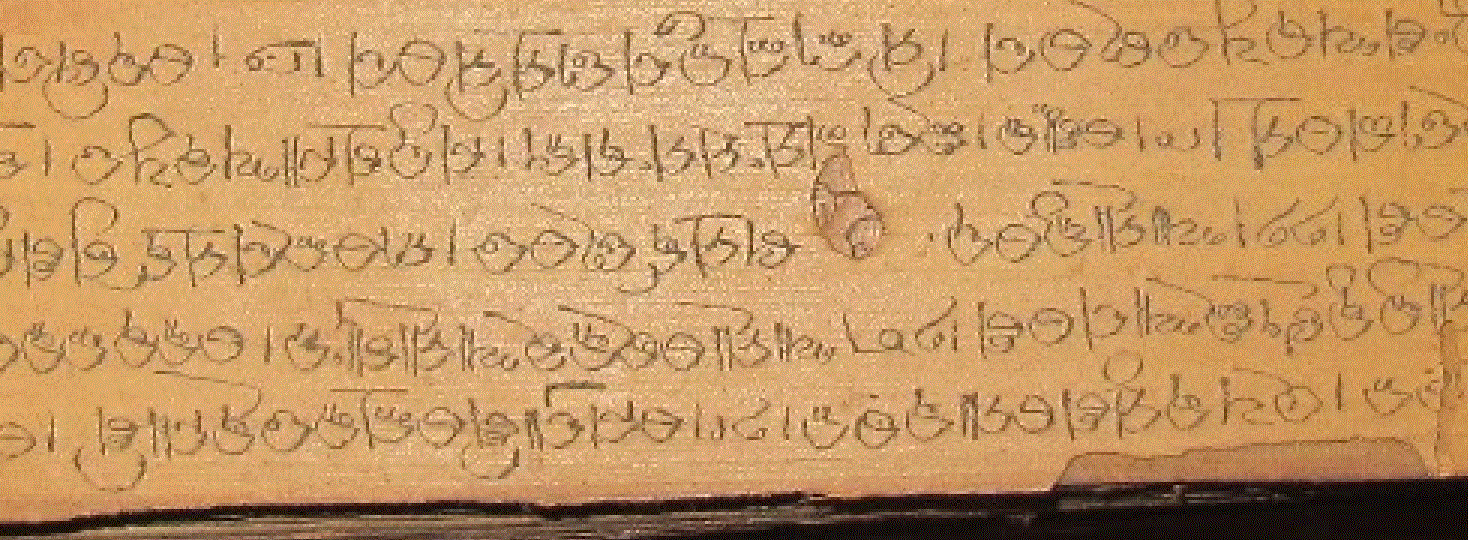Transcendental Time
“In all the seeming world of universe, only the one and True and Very Self is, pervading all as all and transcending all by being all at once.”
the following is from
Pāli Abhidamma Piṭaka


Pāli Abhidhamma Piṭaka expounds a system of philosophical psychology—a theoretical framework that supports the underpinnings of that very path. Literally, Abhidhamma means “concerning the Dhamma”. Within the Abhidamma Pitaka the Kathāvatthu is a series of questions from a non-Theravāda point of view, with their implications refuted in the answers; the long first chapter debates the existence of a soul.
Pali Text Society
“Points of Controversy”
OR
Subjects of Discourse
BEING A TRANSLATION
OF
THE KATHA – VATTHU
FROM THE
ABHIDHAMMA-PITAKA
BY SHWE ZAN AUNG, B.A
AND
MRS. RHYS DAVIDS, M.A.
“And he said, Open the ‘window eastward. And he opened it” Book of the Kings II. xiii. 17.
London
PUBLISHED FOR THE PALI TEXT SOCIETY BY HUMPHREY MILFORD OXFORD UNIVERSITY PRESS WAREHOUSE, AMEN CORNER, F.C.
1915
p. 242
Of Past, Future, and Present
IX. 12.
12. Of Past, Future, and Present.
Controverted Point. – That a past or future experience is actually possessed.
From the Commentary. – In this connection we must distinguish between actual and potential possession. 1
The former is of the present moment. But for a man who has acquired the Eight Attainments in Jhana, the possession of them is potentially persistent, though not of all at once. But some, not discerning this distinction – for instance, the Andhakas (“He who darkens”) – speak of past and future Jhanas as something actually and presently possessed?
[1] Th. – But is not the past extinct, departed, changed, come to an end, finished?
[2] And is not the future unborn, not yet become, not come into being, not produced, not brought to pass, not manifested? How then can you call either something that is actually possessed?
[3] Is one who possesses a present material or bodily aggregate also in possession of a past and a future bodily aggregate? Then must you admit three bodily aggregates. Similarly, if he is actually in possession of five past and five future, as well as five present [bodily and mental], aggregates, you must admit fifteen aggregates. . . .
[4-6] A similar argument applies to the organs and objects of sense, to the eighteen elements, to the twenty-two controlling powers.
[7] A. – But are there not those who, meditating on the eight stages of emancipation, can induce the four Jhanas at their pleasure, can acquire the four serial grades ? 2 Surely then it is right to say that one can have actual present possession of past and future things?
1. More literally, ‘the notion of being in possession of (saman-nagata), and that of having acquired (patilabha).’
2. Angibttara-Nik., iv. 410, 448. Buddhist Suttas (SBE XI.), 212,. §§ 9, 10; Pss. of the Brethren, ver. 916,917, 1172.
==========
P. 527
4. Of Attending to All at Once.
Controverted Point. — That one can attend to everything simultaneously.
From the ‘Commentary.—Attention has two aspects, according as we consider the method or the object of attention. To infer from the observed transience of one or more phenomena that ‘all things are impermanent’ is attention as [inductive] method. But in attending to past things, we cannot attend to future things. We attend to a certain thing in one of the time-relations. This is attention by way of object of consciousness. Moreover, when we attend to present things, we are not able at the present moment to attend to the consciousness by which they arise. Nevertheless some, like the Pubbaseliyas (early 2nd century sect of Buddhism connected to the Andhaka school) and Aparaseliyas (A sub-sect of the Andhakā), because of the Word, ‘All things are impermanent,’ hold that in generalizing we can attend to all things at once.2 And because they hold that in so doing we must also attend to the consciousness by which we attend, the argument takes the line as stated.
1 Majjhinia-Niki. 447. 2 Sabbe sankhareekato manasikarotl
306 The Range of Attention
XVI. 4.
[1] Th.—Do you imply that we know the consciousness by which we so attend ? You deny.1 But I ask you again —now you assent.2 Then do we know as consciousness the consciousness by which we so attend? You deny. But I ask you again—now you assent. Then is the subject of consciousness its own object? You deny. But I ask you again—now you assent. Then do we experience mental reaction by the same mental reaction? Do we feel a feeling by that feeling? And so on for perception, volition, cognition, applied thought, sustained thought, zest, mindfulness, understanding? If you deny, you undo your previous affirmations. . . .
[2] When we attend to the past as past, do we then attend to the future as future? You deny. But I ask you again — now you assent. But this commits you to a collocation (habitual juxtaposition) of two parallel mental processes. . . .
And this holds if I substitute ‘present’ for ‘future.’ . . . And if you claim that we can, while attending to the past as past, attend also to the future as such, and to the present as such, we get a collocation of three parallel mental processes. . . .
And —
[3-4] [we may ring the changes with] the same argument on other permutations of the time relations…
[5] P.A. – But was it not said by the Exalted One:
“When he by wisdom doth discern and see :
“Impermanent is everything in life!”
Then he at all this suffering feels disgust.
Lo! herein lies the way to purity.
When he by wisdom doth discern and see,
That “Everything in life is bound to Ill! …
That “Everything in life is Void of Soul!”
Then he at all this suffering feels disgust
Lo! herein lies the way to purity’!3
Hence we can attend to all at once.
1 Because it cannot be subject and object at once.—Comy.
2 Because we are already aware of the nature of our thought in general, or because of the thesis advanced.—Comy.
3 Pss. of the Brethren, verses 676-678; ascribed to Anna-Kondanna, the first amoug the first five disciples to grasp the new gospel.
Adi Da Samraj:
Attention and Study to My Argument, Instruction and Leelas Reveals self-Observation and self-Understanding.
Hearing unlocks the Heart and allows the Yoga of an Active Heart.
Hearing Awakens Heart Motive and old habits and Results of ego habits Begin to Fall Away, by Stages.
Hearing is Sudden, Central, Direct and Radical. Covers Everything all at Once. Single Capability of Clarity.
Hearing is a Sadhana, an ongoing state and capability with greater and greater capability of transcending deep habits of identication with body, mind, emotion and breath.
Hearing allows Freedom and Equanimity in the mind and body.
With Hearing, Body, Mind, Emotion and Breath are felt Beyond, Transcended, Naturally.
Hearing cannot be Sought.
Hearing Suddenly By The Approaching Sight of Me (Brightening), By intution, mind, body and breath, All at Once, The Brighening of The ONlY One Who Is. >>>